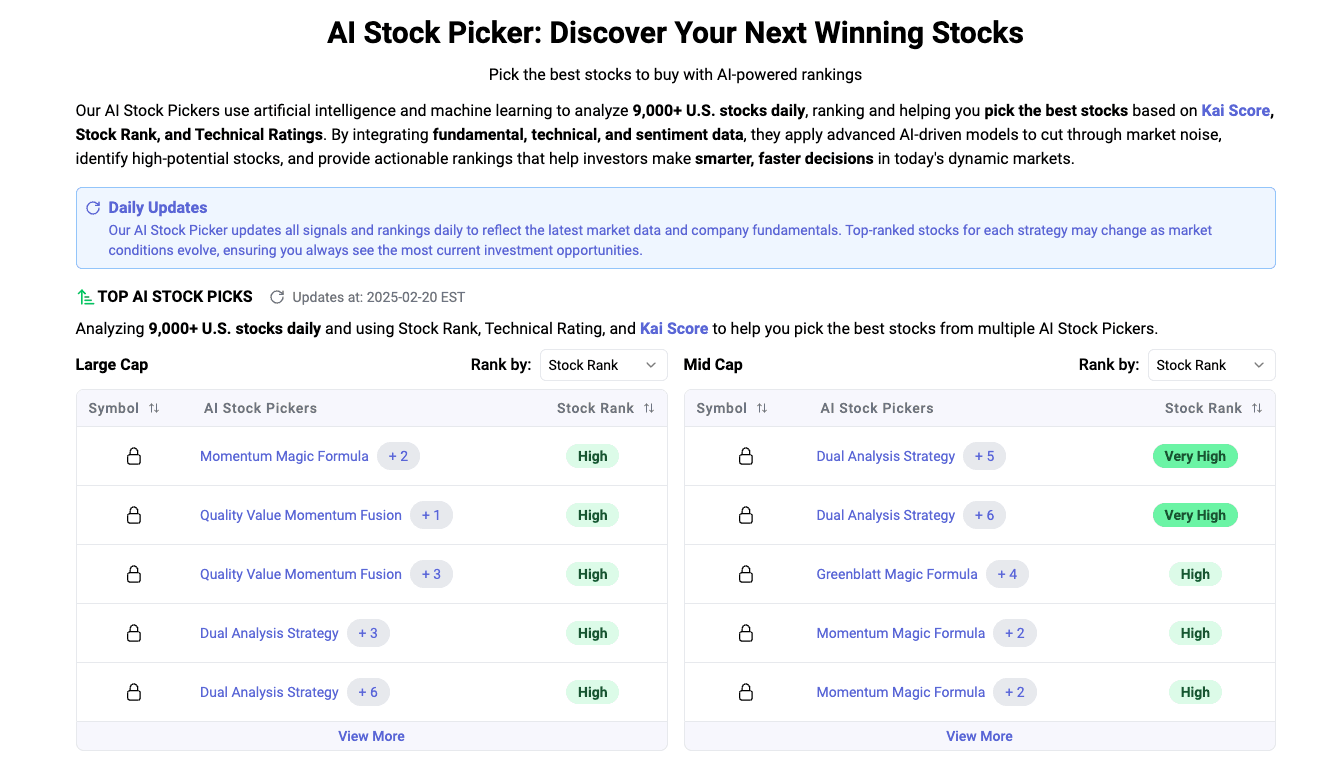MarketLens
How China’s 2024 Stimulus is Shaping U.S. Stock Portfolios: Sector Impacts and Long-Term Outlook
China’s recent economic stimulus measures, the largest since the COVID-19 pandemic, have had a significant impact on global markets, particularly U.S. stock portfolios with exposure to the Chinese market. This report delves into the multifaceted effects of these measures, examining their influence on various sectors, including commodities, technology, consumer goods, healthcare, and industrials. By analyzing the immediate market reactions and potential long-term implications, this report aims to provide a comprehensive understanding of how China’s economic policies are shaping U.S. stock portfolios.
Introduction
General Economic Boost
Immediate Market Reactions
The announcement of China’s stimulus package has provided a much-needed boost to its economy, which has been growing below the government’s target rate. The immediate market reaction was overwhelmingly positive, with U.S. stock portfolios experiencing notable gains. The S&P 500 and Dow Jones Industrial Average both closed at record highs, driven by increased investor optimism. The S&P 500 rose by 0.3%, while the Dow increased by 0.2%, and the Nasdaq climbed 0.6%.
Long-term Economic Implications
While the immediate market reactions are promising, the long-term effectiveness of China’s stimulus measures remains uncertain. Analysts from Nomura have cautioned that these monetary measures might not be sufficient to reverse the economic slowdown, suggesting that additional fiscal stimulus may be necessary for a more sustained recovery. Nevertheless, the current measures have set a positive tone, encouraging investor confidence and potentially paving the way for further economic reforms.
Commodities Market Reaction
Rise in Commodities Prices
Following the stimulus announcement, commodities prices saw a significant uptick. Oil prices increased by over 1%, and copper prices climbed by 3% to their highest levels since July. This surge in commodities prices indicates improved demand expectations, driven by China’s efforts to stimulate economic activity, particularly in the property and construction sectors, which are major consumers of commodities like copper and iron ore.
Impact on Mining Stocks
The rise in commodities prices has had a direct positive impact on mining stocks. Freeport-McMoRan, a major copper and gold miner, saw its shares jump by 8% in late Tuesday trading. Other mining stocks also experienced gains, with Southern Copper rising by 7.22% and Albemarle advancing by 1.97%. The materials sector as a whole saw a 1.35% rise, reflecting the broader positive sentiment in the market.
Technology Sector
Chipmakers
The technology sector, particularly chipmakers, stands to benefit from China’s stimulus measures. Companies like Broadcom, Nvidia, and AMD may see improved sales as a result of increased economic activity in China. However, it is worth noting that Nvidia has reported a decline in the percentage of sales from China, although it has seen some growth in its data center business within the country. This mixed performance highlights the nuanced impact of the stimulus measures on different segments of the technology sector.
Consumer Technology
Consumer technology companies like Apple have also been affected by China’s economic conditions. Apple experienced a 6.5% annual decline in China sales, though this was less than a 3% decline on a constant currency basis, indicating some signs of improvement. The stimulus measures could potentially bolster consumer confidence and spending, providing a further boost to companies like Apple that have significant exposure to the Chinese market.
Consumer Goods and Healthcare
Consumer Goods
The consumer goods sector has faced challenges in China, with companies like Procter & Gamble noting a soft market, particularly in beauty products. Low consumer confidence has been a significant issue, and while the stimulus measures aim to address this, the effectiveness remains to be seen. Starbucks, for instance, has faced difficulties in China, leading to a downgrade by Jefferies. The stimulus measures could help improve consumer sentiment, but the recovery may be gradual.
Healthcare
Healthcare companies like GE Healthcare and Danaher are awaiting the effects of healthcare-related stimulus measures, which are expected to materialize in 2025. The current stimulus package focuses more on immediate economic concerns, but the long-term outlook for the healthcare sector remains positive, contingent on further policy support from the Chinese government.
Industrial Exposure
Positive Trends in Industrial Stocks
Industrial companies with significant exposure to China, such as DuPont, have reported positive trends in sales even before the stimulus announcement. DuPont, which has substantial exposure through its electronics and water businesses, is well-positioned to benefit from the increased economic activity spurred by the stimulus measures. Caterpillar, another industrial giant, saw its stock rise by more than 4% following the announcement, reflecting the broader positive sentiment in the industrial sector.
Limited Exposure Companies
Companies with limited direct exposure to China, such as Stanley Black & Decker, Home Depot, and Best Buy, may still be influenced by global economic conditions shaped by China’s recovery. While these companies do not have significant operations in China, the overall improvement in global economic sentiment could have a positive impact on their performance.
Exchange-Traded Funds (ETFs)
Surge in China-focused ETFs
China-focused exchange-traded funds (ETFs) experienced significant gains following the stimulus announcement. The $4.4 billion iShares MSCI China ETF (MCHI) rose by 6.7%, and the iShares China Large-Cap ETF (FXI), with around $4 billion in assets, jumped nearly 7%. These ETFs provide investors with exposure to the largest companies trading on the Hong Kong Stock Exchange, and their performance reflects the broader market optimism following the stimulus measures.
Long-term Outlook for ETFs
While the immediate gains in China-focused ETFs are promising, the long-term outlook will depend on the sustained effectiveness of China’s economic policies. Analysts have warned that monetary measures alone may not be sufficient to drive a full economic recovery, and additional fiscal stimulus may be necessary. Investors should remain cautious and monitor further developments in China’s economic policy landscape.
Conclusion
China’s recent stimulus measures have had a profound impact on U.S. stock portfolios, particularly those with significant exposure to the Chinese market. The immediate market reactions have been overwhelmingly positive, with gains across various sectors, including commodities, technology, consumer goods, healthcare, and industrials. However, the long-term effectiveness of these measures remains uncertain, and additional fiscal stimulus may be necessary to ensure a sustained economic recovery.
Investors should remain vigilant and continue to monitor developments in China’s economic policies. While the current stimulus measures have set a positive tone, the broader economic landscape remains complex and dynamic. By staying informed and adapting to changing market conditions, investors can better navigate the opportunities and challenges presented by China’s evolving economic environment.
Related Articles
Category
You may also like
No related articles available
Breaking News
View All →No topics available at the moment






